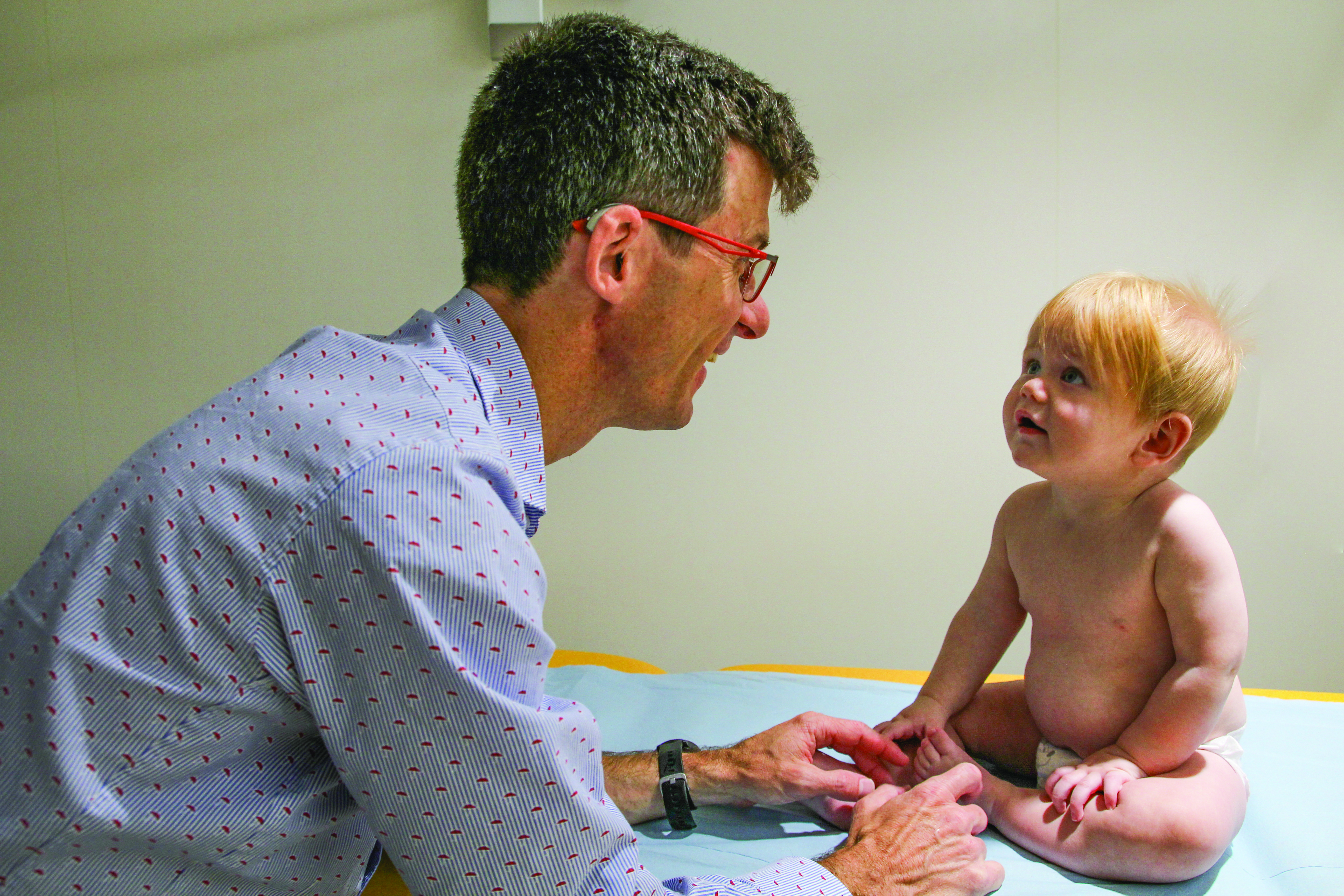Did you know?
Every year Telethon Kids researchers contribute to national and international health surveillance networks which help monitor the global impact of infectious diseases like and guide public health policy.
Associate Professor Chris Blyth contributes to both Paediatric Active Enhanced Disease Surveillance (PAEDS) and FLuCAN (Influenza Complications Alert Network).
FLuCAN is national sentinel surveillance program which collects real-time data on patients hospitalised with flu, to assess flu severity and vaccine effectiveness.
PAEDS, which operates in children’s hospitals across Australia, including Perth Children’s Hospital, collects data on children unwell enough to come to hospital due to a range of infectious diseases. Focused particularly on vaccine-preventable diseases, PAEDS uses the data to identify and monitor conditions of public health importance in children, including polio-like illnesses, influenza, pertussis, and meningococcal disease.
Associate Professor Blyth said the information gathered enabled the Australian Government to understand – and declare to the World Health Organization (WHO) – its status in relation to various infectious diseases.
“It’s because of PAEDS that, for example, Australia is able to declare to WHO that it remains polio-free,” Associate Professor Blyth said. “Using this and data from other groups around the world, WHO is then able to get a better picture of the global impact of a range of problematic diseases.
“The data we collect also helps researchers to understand what factors put children at risk of developing certain diseases and to monitor vaccine effectiveness and safety.”
In 2020, COVID-19 was added to the list of conditions monitored by PAEDS, with FLuCAN also expanding its normal approach to influenza to collect enhanced clinical data on COVID-19.
“Together, this information was used to help understand the incidence and severity of children requiring hospitalisation for coronavirus,” Associate Professor Blyth said.
In Lucy's name

Associate Professor Chris Blyth with Ollie DeLuis
This ground-breaking research was made possible thanks to attendees at the 2019 Telethon Lexus Ball, who supported the Institute’s influenza research program after being inspired by the DeLuis family.
The DeLuis’ two-year-old daughter Lucy sadly lost her life in 2019 – just five days after being diagnosed with influenza – and her family is now dedicated to supporting research that will develop more effective weapons against the disease.
“This research is a critical step to ensure children like Lucy have greater protection against influenza, and will ultimately provide us with the knowledge and capability to design stronger, longer-lasting vaccines,” Associate Professor Blyth said.

